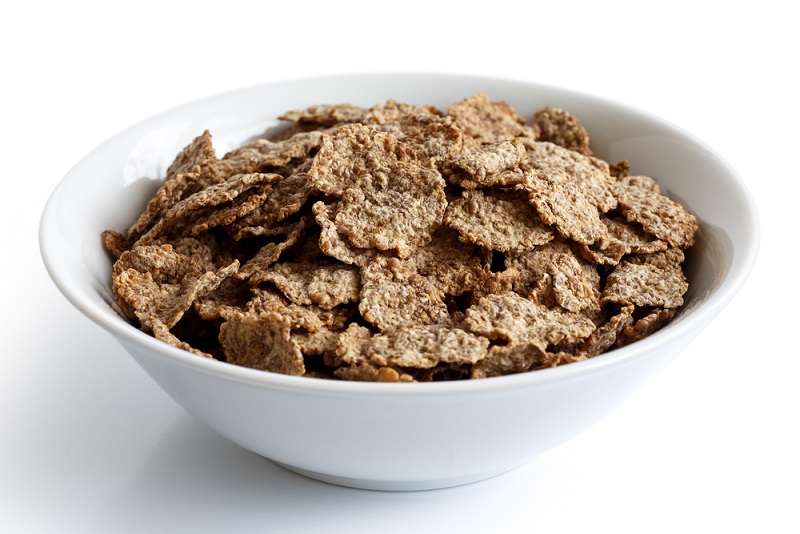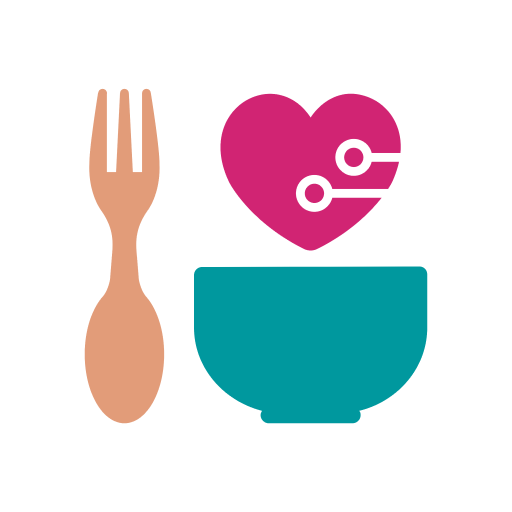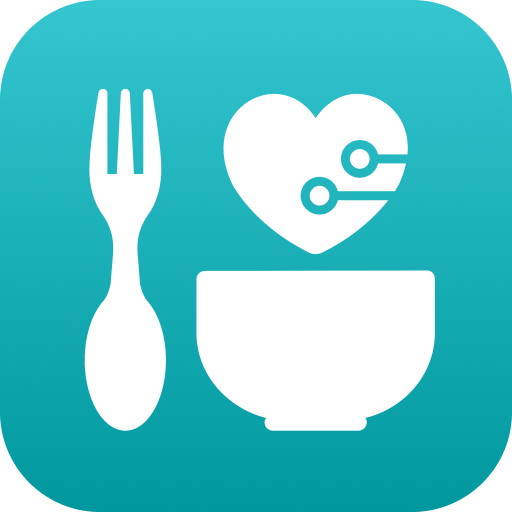- What is dietary fibre?
Fibres are the structural part of plant foods that cannot be digested by our bodies.
There are two types of fibres: Soluble fibres that dissolve in water and insoluble fibres that don’t. These two fibres have various health benefits, and are found in various kinds of food.
- Where can I find dietary fibre?
Soluble fibres are commonly found in oats, nuts, beans, lentils and some fruits like apples and pears.
Meanwhile, insoluble fibres are present in wheat bran, vegetables, and whole grains.
- Why should I care about dietary fibre?
Fibre brings about numerous health benefits. Studies have shown that consuming dietary fibre may reduce the risk of the following diseases:
- Colorectal cancer
- Breast cancer
- Endometrial cancer
- Cardiovascular disease (CVD)
- Type 2 Diabetes
Dietary fibre has also been proven to be beneficial to weight management 5 and bowel health. Eating foods rich in soluble fibre can help you feel full without the extra calories, making it easier to lose weight.
- What is the recommended daily serving of dietary fibre?
Serving recommendations depend on a variety of factors, which include age, gender, and health condition. Also, food guidelines differ across countries country has its own guidelines on how much fibre one should consume.
To roughly gauge how much you are currently eating or you need to eat daily, each of the following comprises one (1) serving of fibre:
- 2 slices of wholemeal bread
- ½ bowl of whole-grain noodles
- 4 slices of plain wholemeal crackers
- ½ bowl of rice or brown rice
- 1½ cups whole-grain breakfast cereal
- ⅔ bowls (250ml) of uncooked oatmeal
But if you have special dietary needs, you should consult your dietitian or medical physician on what works best for you.
- Should I use dietary fibre supplements as a substitute?
While fibre supplements do provide us with the fibre we need, they lack essential nutrients such as vitamins and minerals that are present in whole grains and vegetables.
Over-consumption of fibre supplements can cause adverse side effects, such as bloatedness, gas and cramps.
Do consult your nutritionist or medical physician before taking such supplements, especially if you on prescription medication.
- Is too much fibre a good thing?
While the benefits of fibre are undeniable, too much of anything is never good. Excess fibre can lead to bloating and wind in your stomach.
Also, soluble fibres soak up water, so consuming it in excess amounts could lead to dehydration. If you start eating more fibre, you should match it by drinking more water.
Want to lose weight, but lack that extra push? Here at NBuddy, we strive to give you the extra motivation you need. Download our app For Android or For IOS, and follow us on Facebook for more daily health tips and fitness goodness.






